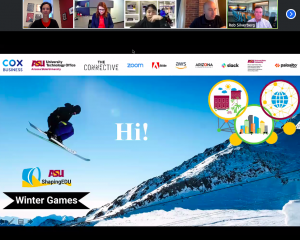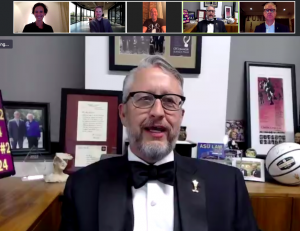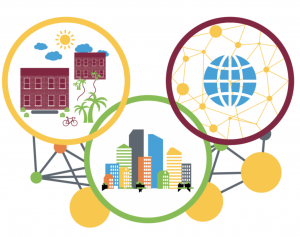LSI HIGHLIGHT: Bowman Article on City Digitalization & Innovation Agendas Beyond COVID-19
Joshua Sortino Unsplash Dr. Diana Bowman recently published an article in The Smart City Association Italy, discussing the digitalizations of cities and the future of innovation beyond COVID-19. Bowman published the article alongside Bas Boorsma, professor of practice, Thunderbird School of Global Management and Dr. Sanjeev Khagram, Foundation Professor of Global Leadership, Director-General and Dean, Thunderbird School of Global Management Arizona State University. “Digitalization has helped us address COVID-19 systematically. If the pandemic had struck in the year 2000, the collective global response would have been months, if not years, slower, amplifying the virus’s grim consequences.” Digitalization and the technological advances helped address COVID-19 through global collaboration and communication, but in return COVID-19 also forced digitalization and urban innovation to accelerate. The article points out the communities that were prepared for the pandemic, also saw digitalization agendas and digital innovations propel them further. The rapid development of this technology raises


















